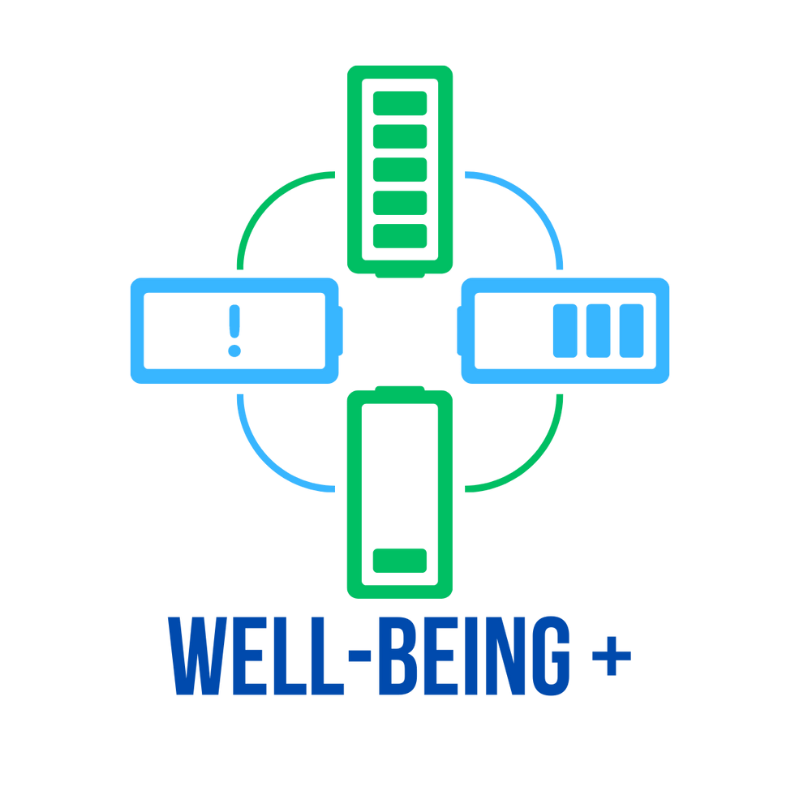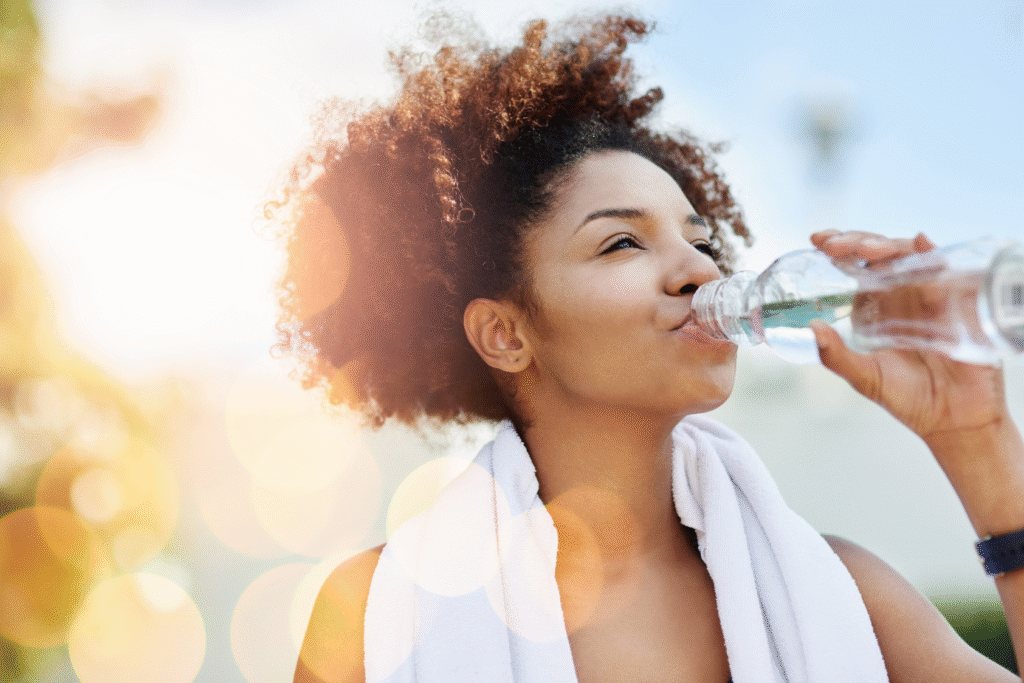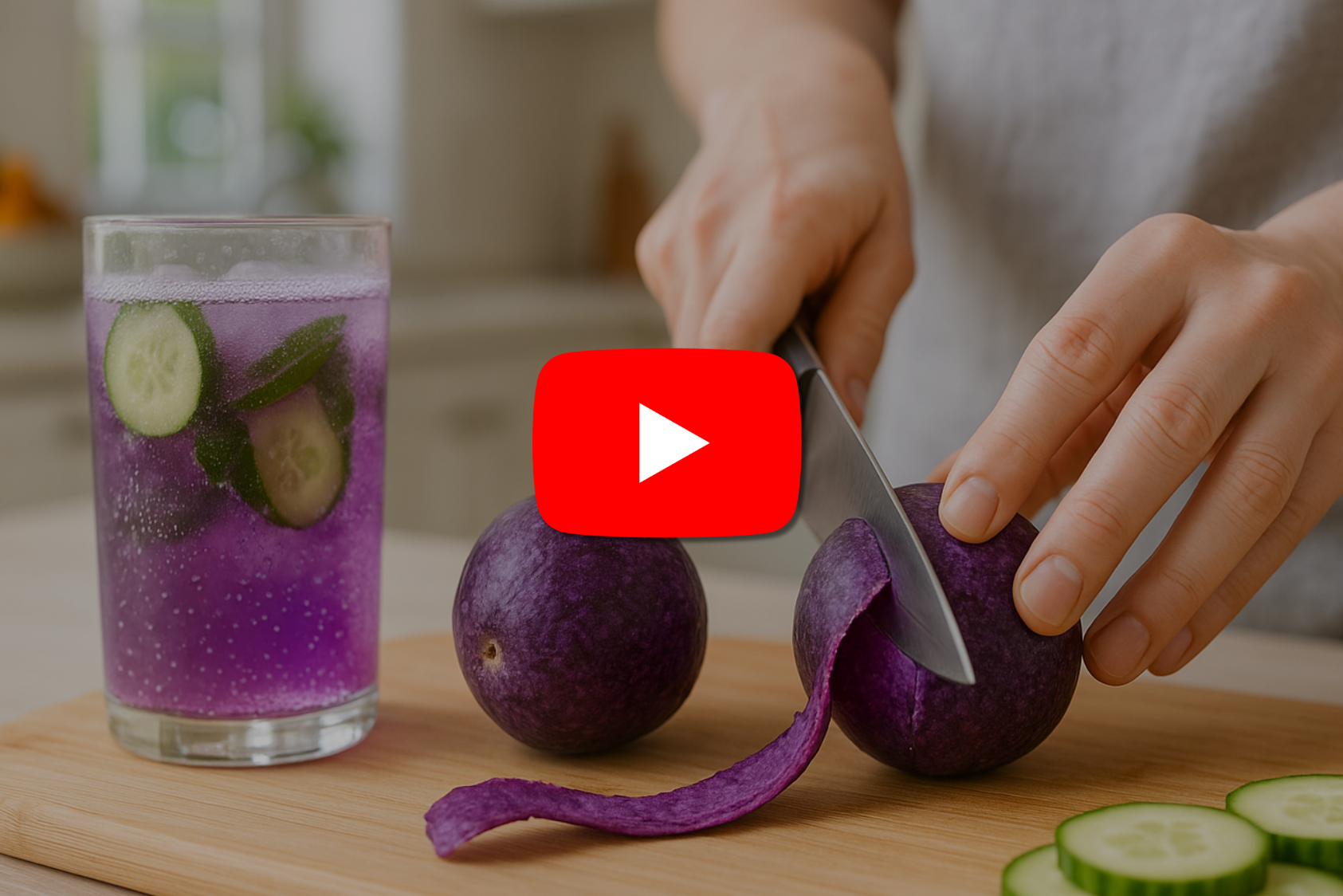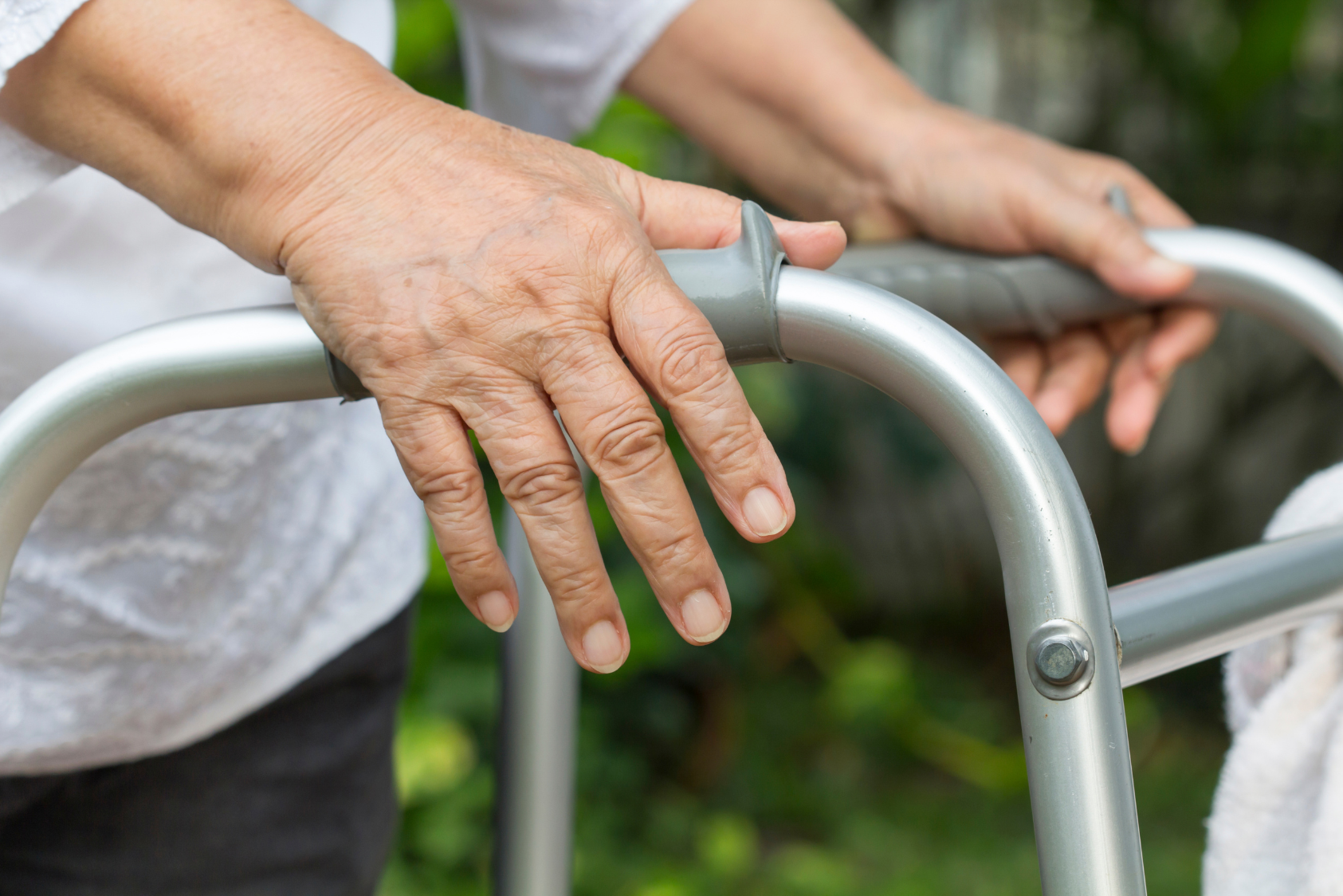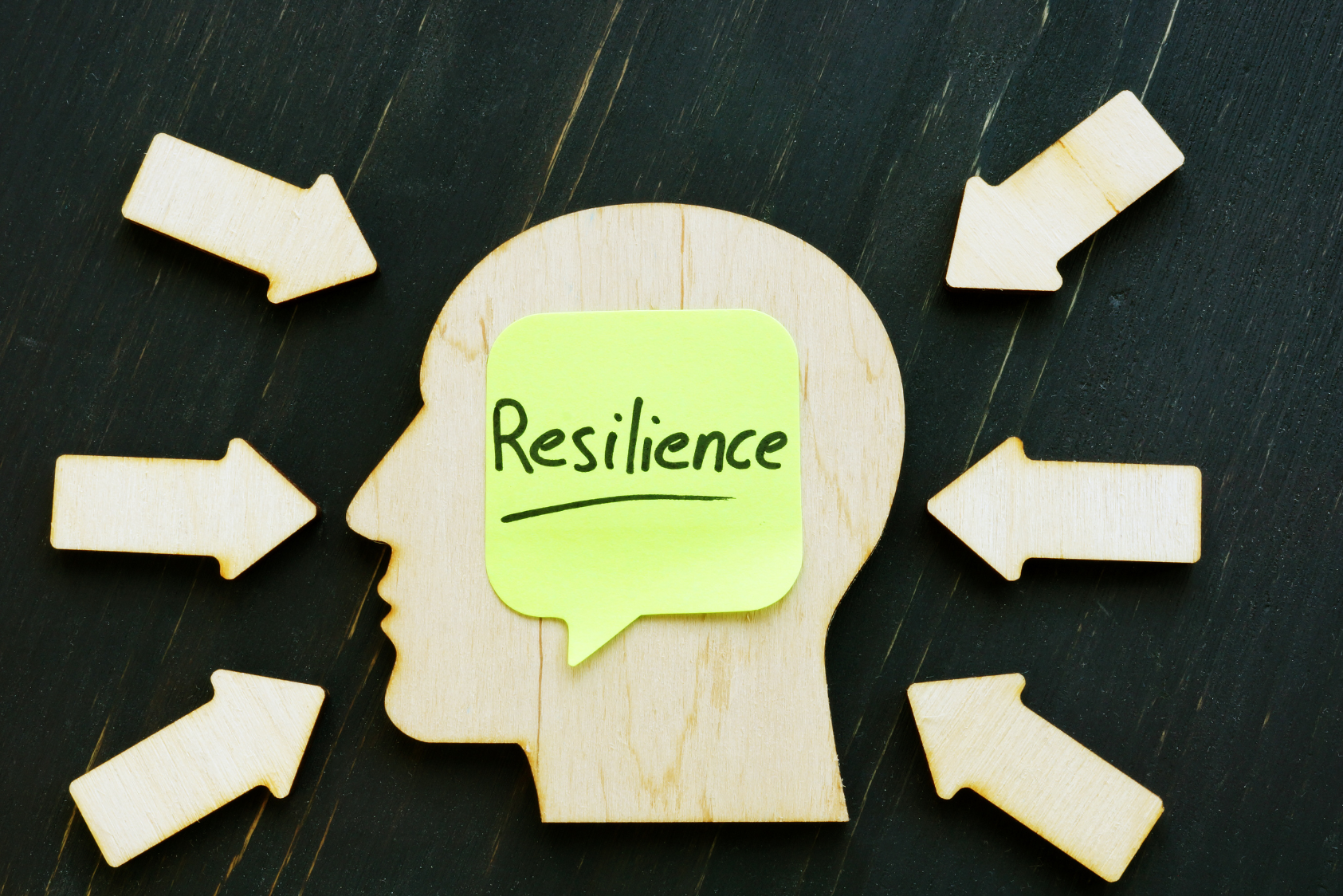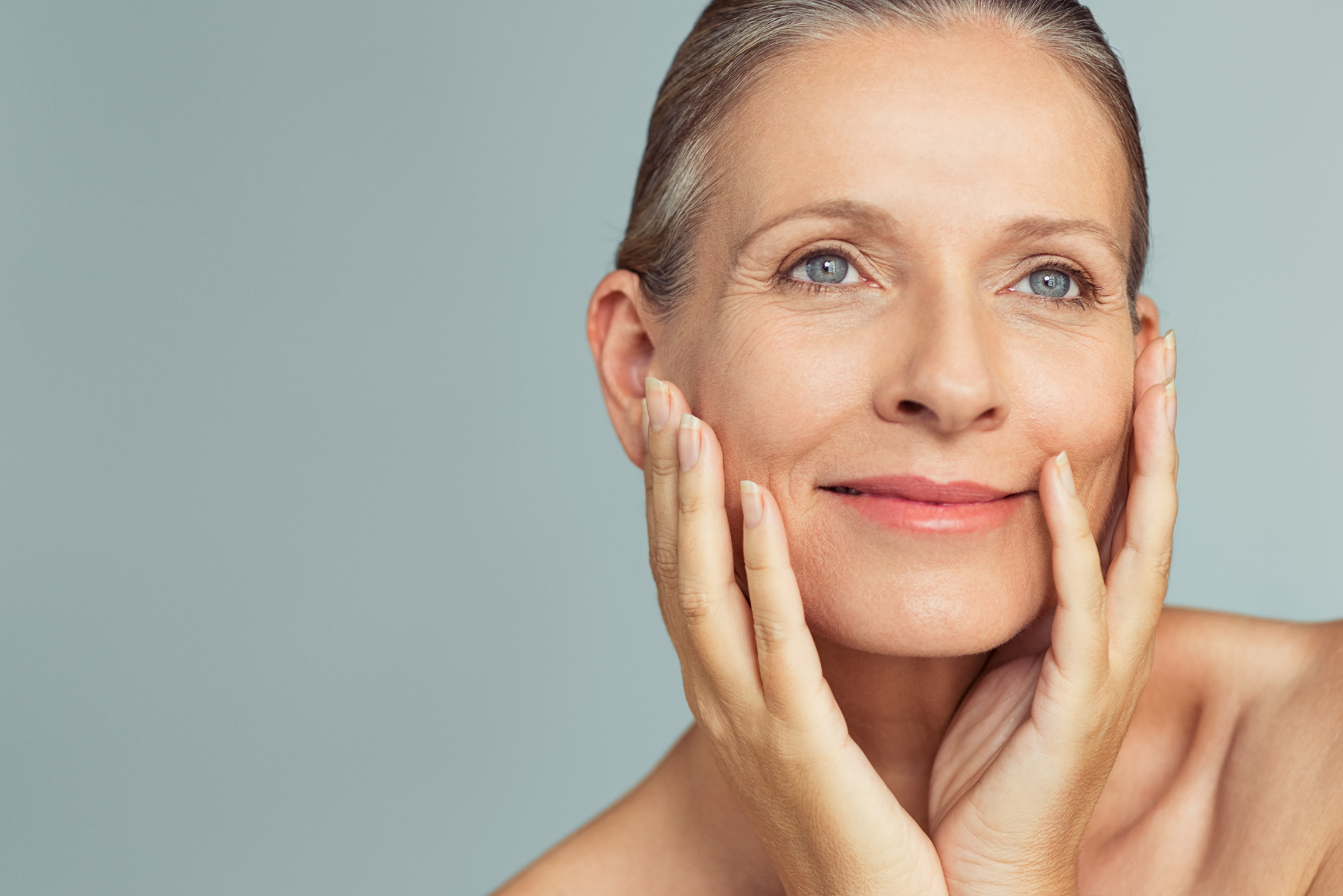When people talk about health, they often focus on food, exercise, or sleep. Yet one of the simplest and most powerful foundations of well-being is often overlooked: hydration. Water makes up more than half of the human body, and every system—from the brain to the muscles—depends on it to function properly.
Hydration isn’t just about avoiding thirst. It affects energy, mood, digestion, and even how clearly we think. Let’s explore why water matters more than you might expect, and how building better hydration habits can support both body and mind.
Water and Physical Health
The body uses water for nearly every essential function:
-
Regulating temperature through sweating and circulation.
-
Transporting nutrients to cells and removing waste products.
-
Protecting joints by keeping them lubricated.
-
Supporting digestion and preventing constipation.
Even mild dehydration can cause headaches, fatigue, and reduced coordination. Over time, consistently low fluid intake may strain the kidneys and affect overall health.
Hydration and Energy Levels
Feeling sluggish? Sometimes, the cause isn’t lack of sleep—it’s lack of water. Dehydration reduces blood volume, which makes the heart work harder to circulate oxygen and nutrients. This can leave you feeling drained, even if you haven’t done much physically.
Practical tip: Before reaching for another coffee, try drinking a glass of water. Many people notice a natural boost in alertness within minutes.
Hydration and Mental Clarity
The brain is particularly sensitive to fluid balance. Research shows that even slight dehydration can affect concentration, memory, and decision-making. It may also increase feelings of irritability or anxiety.
Keeping water intake steady throughout the day helps the brain stay sharp and supports emotional balance. Think of hydration as mental “fuel” just as much as physical.
Hydration and Skin Health
Skin reflects what’s happening inside the body. While drinking water isn’t a “miracle solution” for skin issues, adequate hydration does support elasticity and helps maintain the skin’s protective barrier. Pairing hydration with a consistent skin care routine can make the skin look and feel healthier over time.
Signs You May Need More Water
Not everyone feels thirsty the same way, so it helps to recognize other signs of dehydration:
-
Dry mouth or chapped lips.
-
Darker-colored urine.
-
Headaches or dizziness.
-
Unusual fatigue or sluggishness.
-
Muscle cramps.
If you notice these signs regularly, it may be time to check your hydration habits.
How Much Water Do You Really Need?
There’s no one-size-fits-all answer, since fluid needs vary depending on activity, climate, and individual differences. A common guideline is about 8 glasses a day, but some people may need more. Foods like fruits and vegetables also contribute to hydration.
General tips:
-
Sip water regularly instead of waiting until you’re very thirsty.
-
Increase intake on hot days or when exercising.
-
Listen to your body—if you feel thirsty, it’s a signal to drink.
Making Hydration a Habit
Staying hydrated doesn’t require drastic changes—just consistency. Here are some easy ways to make it part of your routine:
-
Carry a reusable water bottle wherever you go.
-
Flavor your water naturally with lemon, cucumber, or berries if plain water feels boring.
-
Drink a glass of water first thing in the morning.
-
Set reminders on your phone or use hydration tracking apps.
-
Pair hydration with other habits—for example, drink water before each meal.
Small steps like these add up over time.
Beyond Water: Other Hydrating Options
While water is the best choice, other fluids contribute to hydration too: herbal teas, diluted juices, or even milk. Foods high in water content—like cucumbers, watermelon, oranges, and lettuce—also count toward your daily intake.
Be mindful with caffeinated or sugary drinks, as they can affect hydration balance or add unnecessary calories.
Putting It All Together
Hydration is more than a side note—it’s a foundation of health. Adequate water intake supports your energy, mental clarity, digestion, and even how your skin feels. By making small, consistent choices to drink more water and eat water-rich foods, you’re giving your body and mind what they need to function at their best.
Final Note
This article is for informational purposes only and does not replace professional medical advice. If you have concerns about hydration, especially related to health conditions, consult with a healthcare professional.
At Well-Being Plus, we believe in the power of simple daily habits. Explore our blog for more practical tips to support your physical, emotional, and mental well-being.
